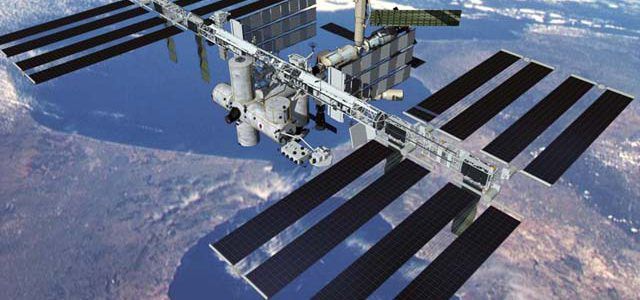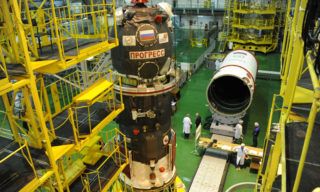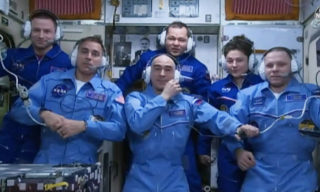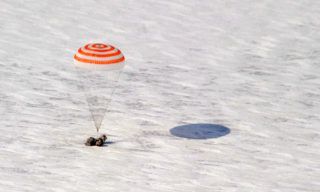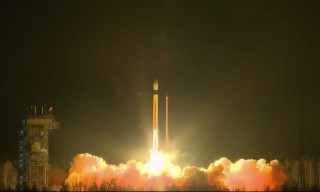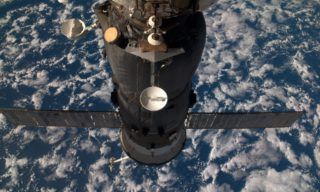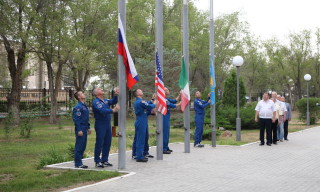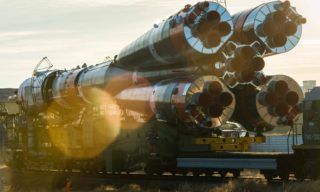American astronauts Thomas Marschburn and Chris Cassidy went to the open space to determine the leak point of ammonia in the cooling system and probably to replace the pump that is the source of ammonia leak.
The astronauts detached PFCS (Power Flow Control Subassembly) pump block that is supposed to be the source of leak and examined the assembly in search for the leak point. Earlier in the process of detachments the astronauts found some “ammonia flakes” but this fact didn’t allow to judge about the leak point. “The place we removed PFCS block from looks very clean” – Cassidy says.
Cassidy and Marschburn transferred the block removed to the storing place and installed the spare pump block of ISS cooling system.
The spare pump block operates properly, the astronauts haven’t recoded any ammonia leak since the new block was installed.




